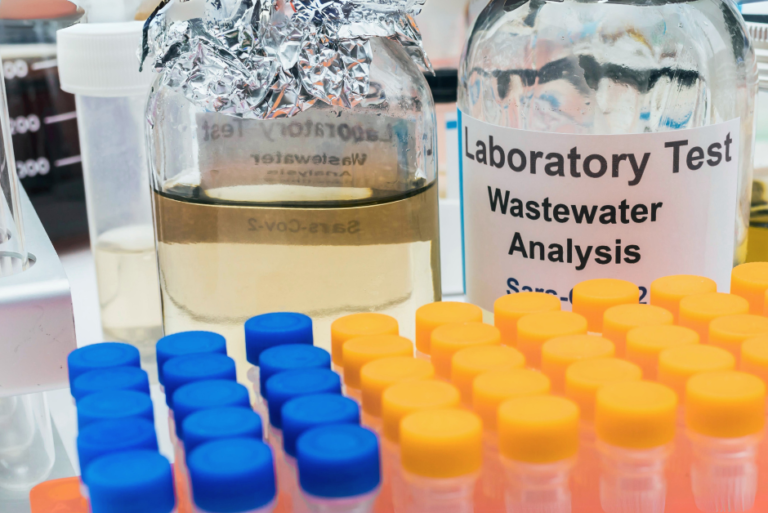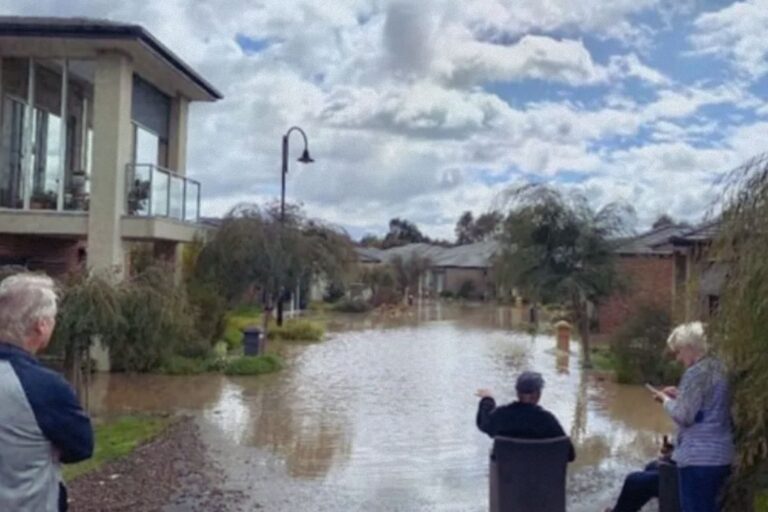15th November 2023 16:30
Victorian Legislative Council, Melbourne
David ETTERSHANK (Western Metropolitan) (16:29):
I rise on behalf of Legalise Cannabis Victoria to make a brief contribution to the Nuclear Activities (Prohibitions) Repeal Bill 2023. Can I start by commending Mr Batchelor on his thoughtful and passionate contribution. While this bill would not of itself allow for the construction or operation of nuclear reactors in Victoria, it would send a message that Victoria is welcoming a nuclear future with open arms.
This bill would open the doors and invite in the vampires of the nuclear industry. I struggle to think of a class of elements that has caused more acute devastation for humans than nuclear materials. History unequivocally shows us that when humans get nuclear wrong, we get it catastrophically wrong. In an unpredictable and changing environment it is impossible to get it 100 per cent right all the time.
Let us be clear: climate change is the biggest collective threat we face, but nuclear power is not the answer.
As I have already alluded to, when we get nuclear power wrong, we create wastelands, which in extreme cases remain uninhabitable for tens of thousands of years. The exclusion zone around Pripyat, the township home to the Chernobyl power plant, will remain unsafe for human habitation for more than 20,000 years.
The extreme levels of radiation in the environment have caused extensive biological mutations to the flora and fauna in and around Pripyat, fundamentally changing the course of that environment forever. Then there is the elephant of the room, or rather what is called the elephant’s foot, resting under what was reactor 4 at Chernobyl. It is the most radioactive object on the planet, a literal hot spot comprising elements that previously formed the reactor’s core and concrete containment structure.
The elephant’s foot is so dangerous that there remains no way to safely contain it.
Past catastrophic failures such as Chernobyl are often wiped off or disregarded as poorly designed systems or operator failure. However, it is important to remember that the Fukushima Daiichi power plant in Japan operated what was considered prior to 2011 one of the best engineered and maintained reactors in the world.
Ryan Batchelor: Whoops.
David ETTERSHANK: Yes – oops! That is an inconvenient reality, isn’t it. Volatility makes radioactive materials an incredibly efficient energy source, but it also creates extreme risk with even the slightest alteration to their correct containment or use. As much as we try as a species to control every variable of a situation, we simply cannot, and we will never be able to control every variable in the containment or use of these highly radioactive materials.
The extreme earthquake and tsunami that caused the triple meltdown in Fukushima in 2011 should be the only deterrent we need from promoting nuclear proliferation of any form anywhere in Australia. These melted-down reactors will continue to have hundreds of thousands of litres of water pumped through them every day for years, for decades, possibly for centuries, and the exclusion zone around the plant will remain uninhabitable for the foreseeable future.
As Mr Batchelor quite correctly identified, where is this water going to come from?
I also would suggest that the very real challenge that is put up to the proponents of this bill is where will these reactors, where will these storage facilities, be? I would love to see someone put up their hand and say, ‘Yes, our electorate will have it.
We’d be delighted to. What a great opportunity.’ Of course we would not want to hold our breath waiting, because it is not going to happen.
I will just go back to a little bit about the industry. Even as recently as March this year a power plant in Minnesota leaked 400,000 gallons of radioactive reactor coolant water into the surrounding environment.
These are real things happening in real time. It is pointless pretending that they are not there, that they do not exist, and yet this bill seems to do just that. But I digress.
These are all examples of international catastrophes. How lucky we are not to have to live in fear of the conventional reactor in the next town melting down.
But let us talk about small reactors. Let us talk about the nuclear proponents’ latest buzz about the small modular reactors, or SMRs, and their being put forward as the answer to the downfalls of conventional reactors. This proposition is deeply misguided. SMRs are often touted by advocates as being safer, cheaper and cleaner in terms of radioactive waste produced.
Nick McGowan interjected.
David ETTERSHANK: Thank you.
Of course not all nuclear reactors are created equal, and while some designs come closer to reaching these lofty expectations, none of them quite do. Studies have found that SMRs are highly expensive, slow to come online, have higher rates of neutron leakage and often produce more radioactive waste than their conventional counterparts. They are also typically five to 10 times as expensive per megawatt generated than renewable alternatives, even after allowing for the provision of storage.
Let us also recognise that Australia seemingly cannot find a way to correctly store even low-level medical nuclear waste, as the recently scrapped Kimba facility shows. Let us be honest: nobody wants a nuclear waste dump in their region, let alone their backyard, least of all one that needs to safely store depleted but still highly radioactive plutonium for thousands and thousands of years.
So how could we expect to run a safe nuclear power industry or introduce and safely manage a new technology like SMRs?
Apart from this bill being fundamentally flawed, it would send a message that Victoria is pro nuclear. I would hope that our collective memories are good enough to remember the events leading Australia to become an antinuclear state and why it should remain as such.
Before I conclude, I want to pick up Mr Davis’s point about mining. This bill seeks to allow for the extraction of principally thorium and uranium in Victoria. Aside from these practices being highly environmentally degrading, Victoria has almost no significant uranium deposits and, comparative to the rest of the continent, a tiny amount of thorium deposits. We do not need to get too tied up on environmental issues if that is going to cause problems – just let the economics of the industry point out to us that this is dead on arrival.
I struggle to understand the rationale for creating another extractive industry in Victoria for such a small amount of resources – which would inevitably be shipped overseas – further degrading our environment. For Mr Davis to suggest that Victoria will be a downstream processor of radioactive materials is fanciful.
This is neither financially viable nor environmentally desirable.
To conclude, we will not be supporting this bill. And we will never, ever support any attempt to turn Victoria into a nuclear state.
[ENDS]





